Researchers published a study concerning the rate of environmental change occurring today, that is unprecedented in Earth’s history.
Scientists from the University of Bristol Cabot Institute concluded a study on the current rate of environmental change, compared to that which occurred during natural events in Earth’s history.
The research published online on 4 January in Nature Geoscience, reconstructs the changes in atmospheric carbon dioxide during a global environmental change event that occurred about 120 Million years ago.
New geochemical data provide evidence that pCO2 increased in response to volcanic outgassing and remained high for around 1.5-2 million years, until enhanced organic matter burial in an oxygen-poor ocean caused a return to original levels.
Lead author Dr David Naafs, said:
“Past records of climate change must be well characterised if we want to understand how it affected or will affect ecosystems. It has been suggested that the event we studied is a suitable analogue to what is happening today due to human activity and that a rapid increase in pCO2 caused ocean acidification and a biological crisis amongst a group of calcifying marine algae. Our work confirms that there was a large increase in pCO2. The change, however, appears to have been far slower than that of today, taking place over hundreds of thousands of years, rather than the centuries over which human activity is increasing atmospheric carbon dioxide levels. So despite earlier claims, our research indicates that it is extremely unlikely that widespread surface ocean acidification occurred during this event.”
The observation that yet another putative ‘rapid’ geological event is occurring perhaps a thousand times slower than today and not associated with widespread surface ocean acidification has been the focus of much recent research at the University of Bristol.
Co-author Professor Daniela Schmidt, who was also a Lead Author on the IPCC WGII report on Ocean systems, explains:
“The rate of environmental change occurring today is largely unprecedented in Earth history.”
“This is another example that the current rate of environmental change has few if any precedents in Earth history, and this has big implications for thinking about both past and future change.”
Image credit University of Bristol Cabot Institute
via inhabitat
source University of Bristol Cabot Institute

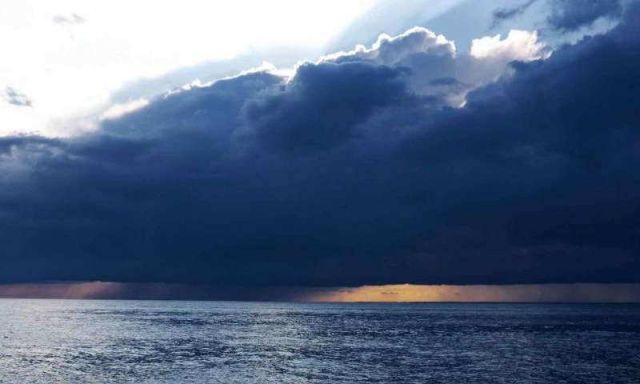
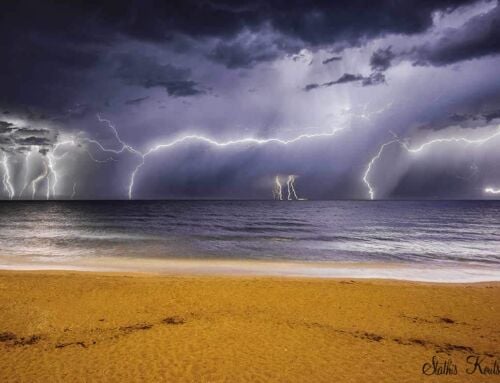
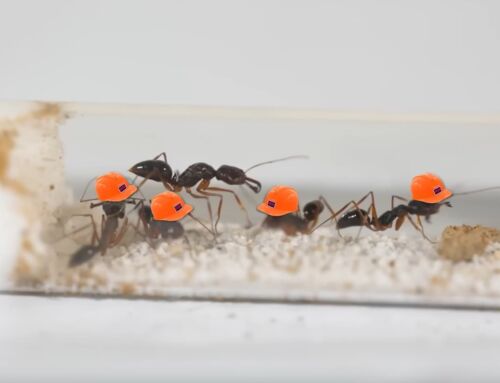
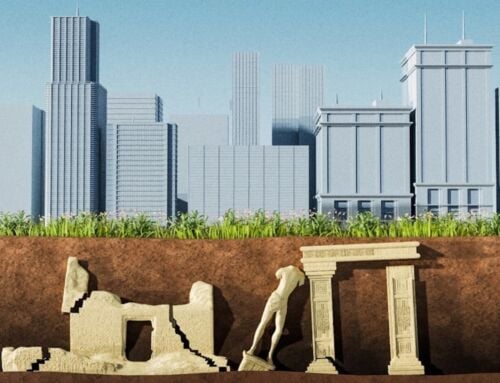
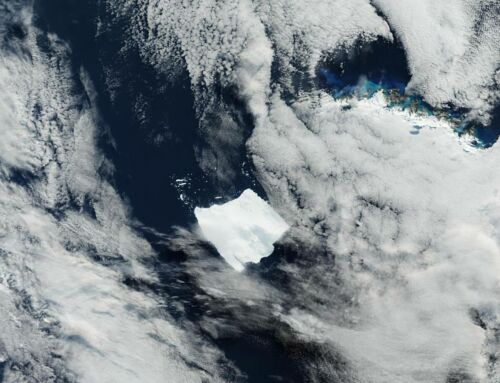
Leave A Comment